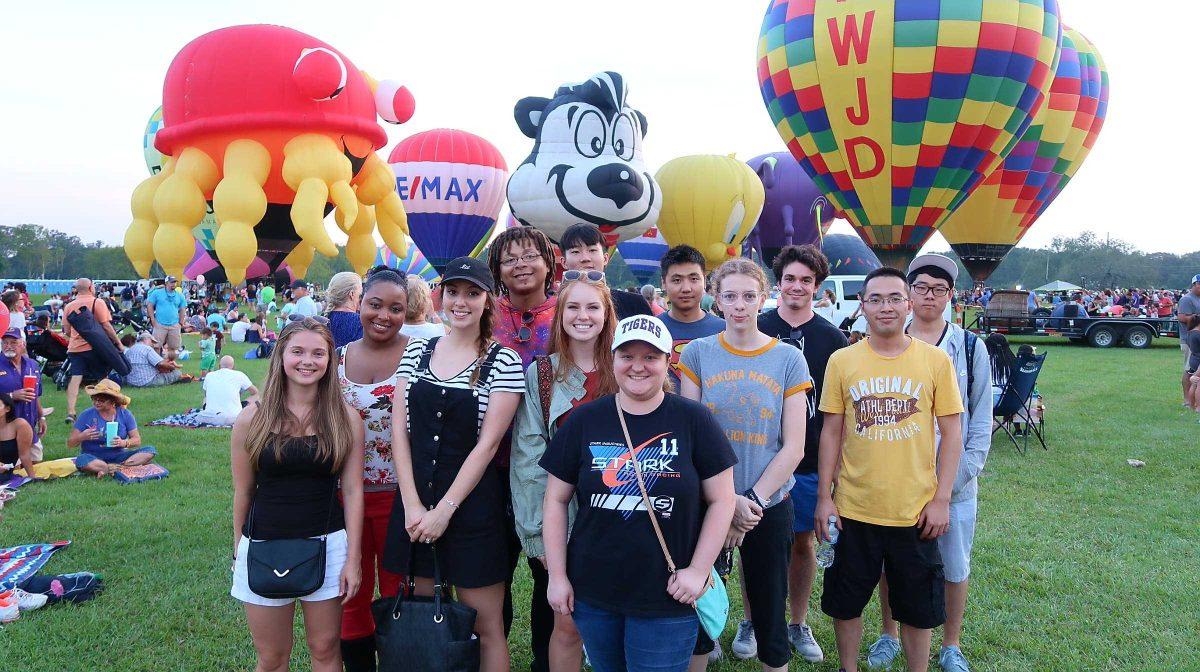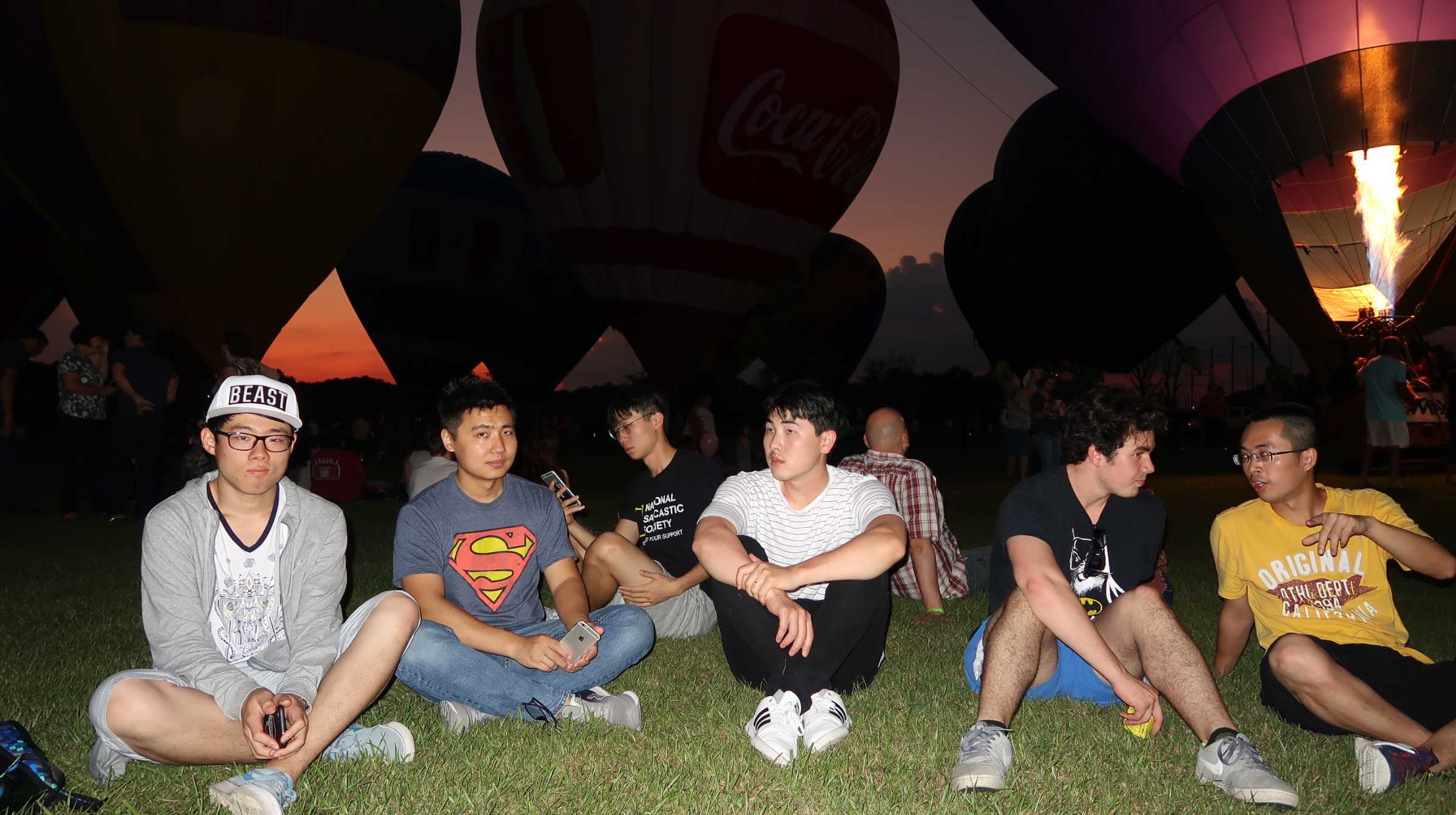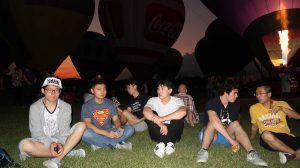An international student at the University of Michigan brought a gift at the beginning of the fall semester with the intent on giving it to the first American to invite him to their home. By the end of the spring semester, the gift remained unopened in the corner of the student’s dorm.
Interior design senior Katharina Beliveau first heard that story in an English 2000 Cultural Exchange class taught by LSU English instructor Christina Armistead.
It was in that class where Beliveau learned the difficulties international students experience in America could extend beyond the language barrier.
“In certain cultures, it’s not as common for people to just go up and talk to strangers,” Beliveau said. “Often international students, particularly from Asia and the Middle East, have a difficult time reaching out to American students.”
American students in the class were assigned international students to meet with for an hour each week. In an email, Beliveau said the purpose of Culture Jam is to make friends across cultures while exploring Louisiana together. Beliveau went beyond what the assignment required and took her partner to New Orleans for the St. Patrick’s Day Parade.
“At the end of the night, we went out to dinner and went to Bourbon Street,” Beliveau said. “On the way back, [my partners] told me that that day in New Orleans was the best experience that they’d had in Louisiana since they got there, and both of them had already been in Louisiana for over a year.”
Beliveau said the experience had such an impact on her and her partners that she felt inclined to introduce Louisiana culture to international students at the University.
“I wanted to do something where we could reach more people and give more people an experience like that,” Beliveau said.
Beliveau and Armistead then came up with the idea for Culture Jam.
“The plan was to keep it within one cultural group, so we were going to do all Chinese international students,” Beliveau said.
Now, the club includes South Korean and French international students, she added.
“My first worry was were we [not] going to have enough American students participating,” Beliveau said.“The international students at our [first meeting] had expressed that they wanted to meet more Americans. At the time … I was the only one.”
Now the club has a ratio of two American students to one international student.
“By making friends with people of diverse cultural backgrounds we can overcome stereotypes,” Beliveau said in an email. “Understand that some uncomfortable situations can be used as an opportunity to learn and grow.”











